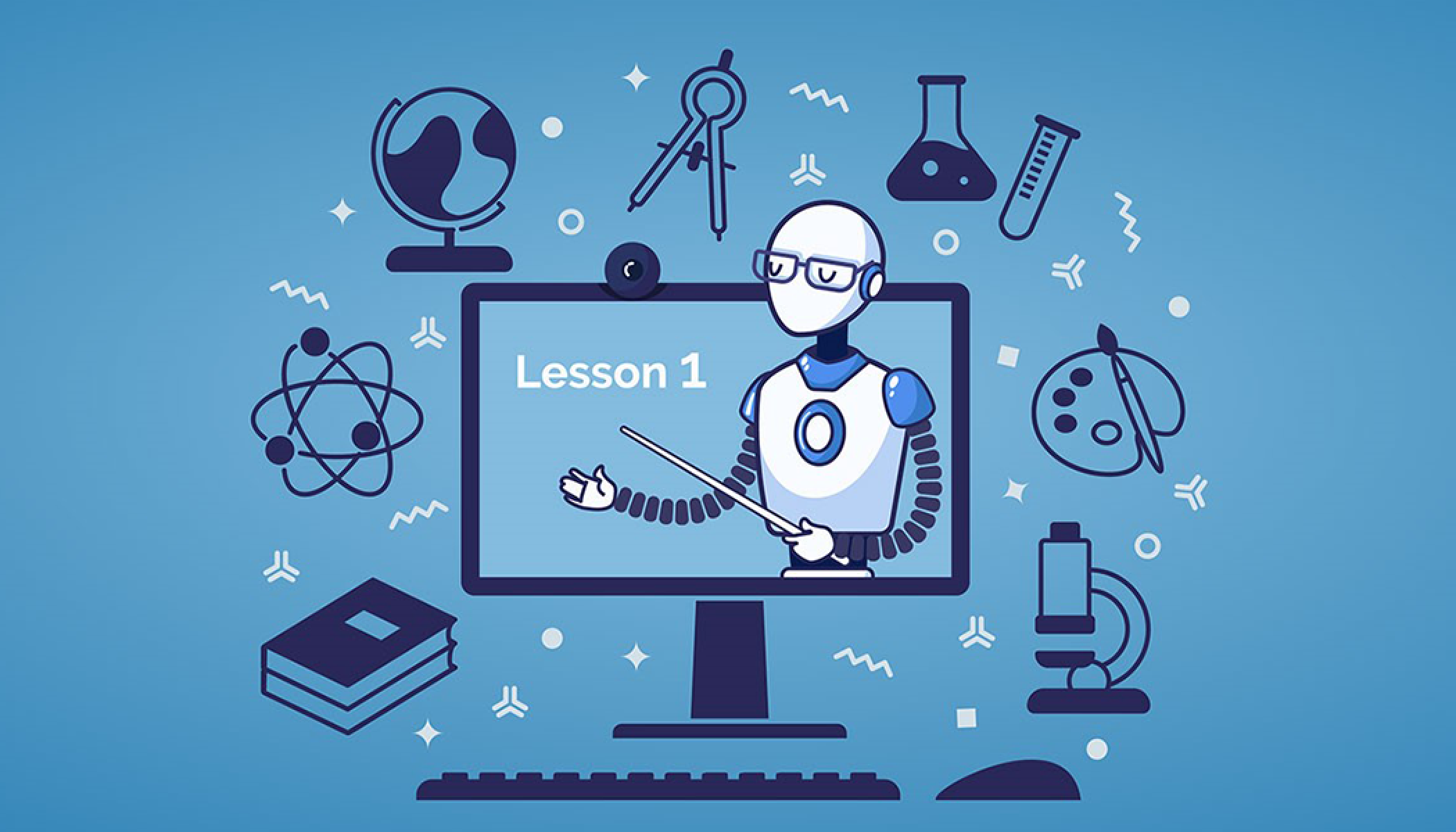Artificial Intelligence-Powered Adaptive Learning Platforms: The Future of Education

The education system is undergoing a major transformation, thanks to the rapid advancements in artificial intelligence (AI). AI-powered adaptive learning platforms are one of the most promising developments in this area, as they have the potential to revolutionize the way that students learn.
Adaptive learning platforms use AI to track a student's progress and adjust the learning material accordingly. This means that students can learn at their own pace and in a way that is tailored to their individual needs. As a result, these platforms can help students to achieve better learning outcomes.
In this article, we will discuss the benefits of AI-powered adaptive learning platforms, explore some of the challenges that these platforms face, and look at some of the ways that they are being used in education today.

Benefits of AI-Powered Adaptive Learning Platforms
There are many benefits to using AI-powered adaptive learning platforms, including:
- Personalization: Adaptive learning platforms can provide students with a personalized learning experience that is tailored to their individual needs. This is because the platforms track each student's progress and adjust the learning material accordingly. As a result, students can learn at their own pace and in a way that is most effective for them.
- Engagement: Adaptive learning platforms can help to keep students engaged in the learning process. This is because the platforms provide students with interactive and engaging content that is tailored to their interests. Additionally, the platforms offer students immediate feedback on their work, which can help to boost their motivation.
- Improved learning outcomes: Studies have shown that students who use AI-powered adaptive learning platforms achieve better learning outcomes than students who do not. This is because the platforms provide students with the opportunity to learn at their own pace and in a way that is tailored to their individual needs. Additionally, the platforms offer students immediate feedback on their work, which can help to improve their understanding of the material.

Challenges of AI-Powered Adaptive Learning Platforms
While AI-powered adaptive learning platforms offer a number of benefits, there are also some challenges that these platforms face. These challenges include:
- Cost: Adaptive learning platforms can be expensive to develop and implement. This is because the platforms require a significant amount of data and computing power to function properly. As a result, these platforms are not always accessible to schools and districts with limited budgets.
- Accuracy: Adaptive learning platforms rely on algorithms to track student progress and adjust the learning material accordingly. However, these algorithms are not always accurate. This can lead to students being presented with material that is too difficult or too easy for their level of understanding.
- Bias: Adaptive learning platforms can also be biased against certain groups of students. This is because the algorithms that these platforms use are often trained on data that is not representative of the entire population. As a result, these platforms can perpetuate stereotypes and discrimination.
How AI-Powered Adaptive Learning Platforms Are Being Used in Education Today
Despite the challenges that they face, AI-powered adaptive learning platforms are being used in education today in a number of ways. These platforms are being used to:
- Provide students with personalized learning experiences
- Help students to stay engaged in the learning process
- Improve learning outcomes
Some of the most well-known AI-powered adaptive learning platforms include:
- Knewton: Knewton is a cloud-based adaptive learning platform that provides students with personalized learning experiences. The platform uses AI to track student progress and adjust the learning material accordingly. Knewton is used by over 10 million students in schools around the world.
- Edmentum: Edmentum is an online learning platform that offers a variety of adaptive learning courses. The platform uses AI to track student progress and adjust the learning material accordingly. Edmentum is used by over 2 million students in schools around the world.
- Aleks: Aleks is an online math learning platform that uses AI to track student progress and adjust the learning material accordingly. Aleks is used by over 1 million students in schools around the world.
The Future of AI-Powered Adaptive Learning Platforms

AI-powered adaptive learning platforms have the potential to revolutionize the way that students learn. These platforms can provide students with a personalized learning experience that is tailored to their individual needs. Additionally, these platforms can help students to stay engaged in the learning process and improve their learning outcomes.
As AI continues to develop, we can expect to see even more innovative and effective AI-powered adaptive learning platforms being developed. These platforms will have the potential to make a real difference in the lives of students around the world.
Conclusion

AI-powered adaptive learning platforms are a promising new technology that has the potential to revolutionize the way that students learn. These platforms can provide students with a personalized learning experience that is tailored to their individual needs. Additionally, these platforms can help students to stay engaged

Post a Comment